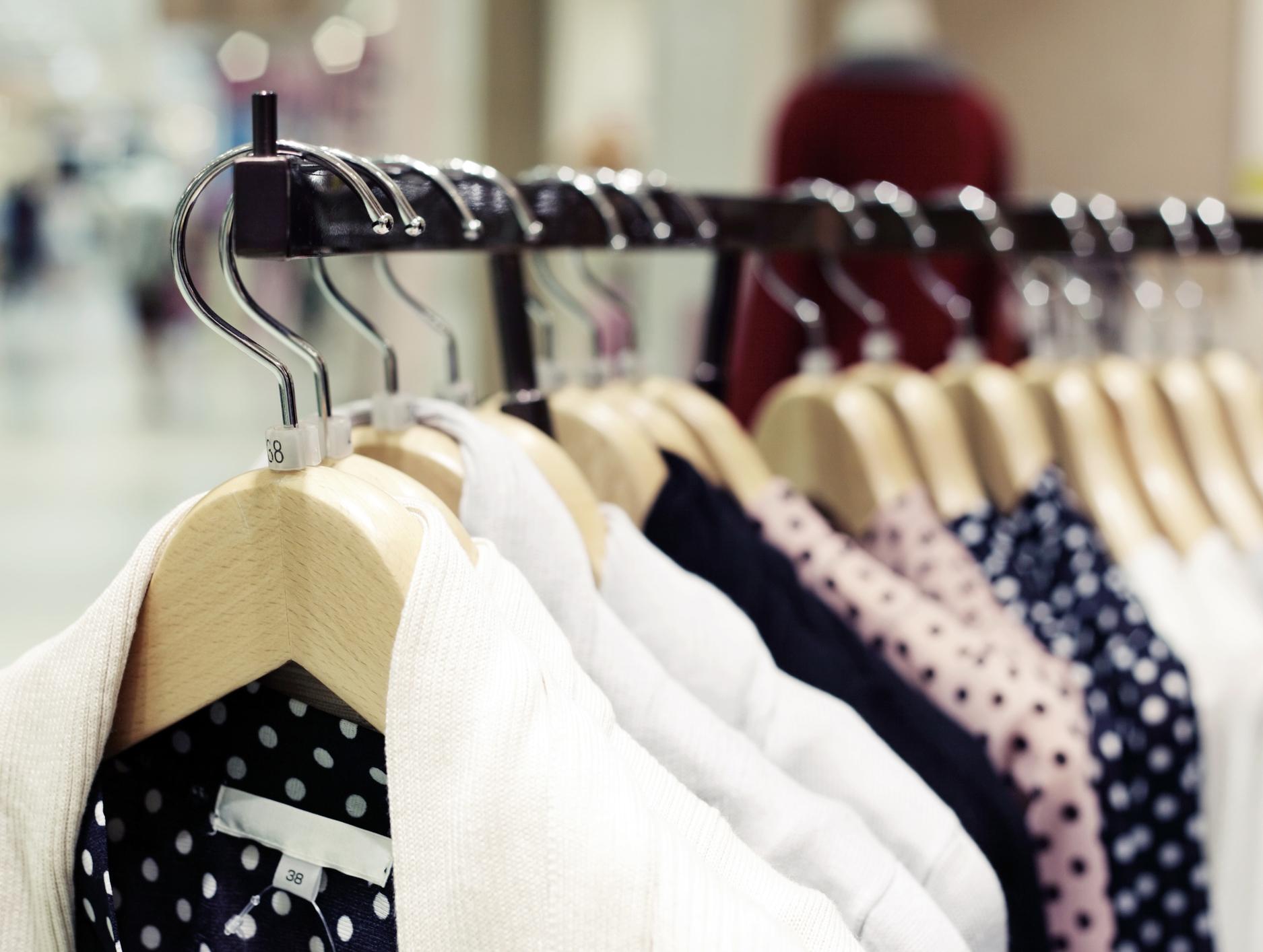Inflation: Cost of living increases in December as clothing and travel prices rise
Falling food prices helped to keep overall inflation increase down, says Office for National Statistics

Your support helps us to tell the story
From reproductive rights to climate change to Big Tech, The Independent is on the ground when the story is developing. Whether it's investigating the financials of Elon Musk's pro-Trump PAC or producing our latest documentary, 'The A Word', which shines a light on the American women fighting for reproductive rights, we know how important it is to parse out the facts from the messaging.
At such a critical moment in US history, we need reporters on the ground. Your donation allows us to keep sending journalists to speak to both sides of the story.
The Independent is trusted by Americans across the entire political spectrum. And unlike many other quality news outlets, we choose not to lock Americans out of our reporting and analysis with paywalls. We believe quality journalism should be available to everyone, paid for by those who can afford it.
Your support makes all the difference.Prices rose at a faster pace in December as clothes retailers held back from discounting items,, official figures show.
Inflation doubled to 0.6 per cent with transport costs edging up thanks to increased demand as many people rushed to beat changes to travel rules before Christmas. Economists had expected the Consumer Prices Index (CPI) to come in at 0.5 per cent.
Higher demand for computer games, consoles and children's toys pushed up inflation further. Clothing prices rose 0.1 per cent in a month where the first week of post-Christmas sales typically pushes prices down.
The overall increase in the cost of living was offset by falling food prices, the Office for National Statistics said.
"Clothing prices put upward pressure on inflation in December, despite some evidence of continued discounting," said ONS deputy national statistician, Jonathan Athow.
"Transport costs, including air, sea and coach fares, as well as petrol prices, rose as some travel restrictions eased during parts of the month.
"These were partially offset by falling food prices, most notably for vegetables and meat."
Looking ahead, Samuel Tombs, chief UK economist at Pantheon Macroeconomics, said he expects cost-of-living increases to remain low until April, when a potential hike in the energy price cap could push up average household bills.
He added: "CPI inflation will also rise in the hospitality and recreation sectors in April, when VAT will return to 20 per cent from its current 5 per cent rate, though most businesses declined to pass on the saving to consumers and so will not automatically hike prices."
The risk of inflation exceeding the Bank of England’s 2 per cent target “seems low” throughout 2021 and 2022, Mr Tombs added.

Join our commenting forum
Join thought-provoking conversations, follow other Independent readers and see their replies
Comments